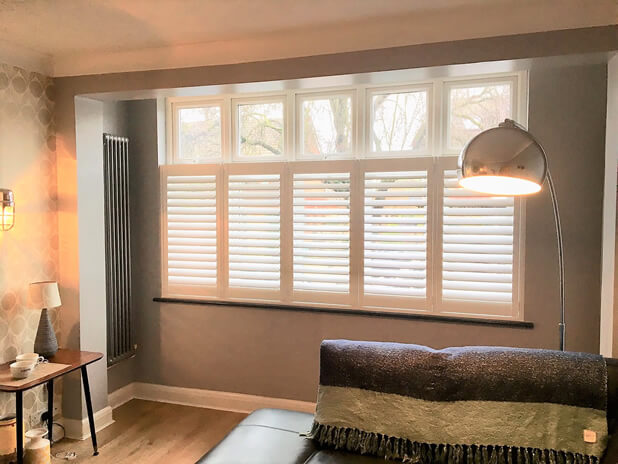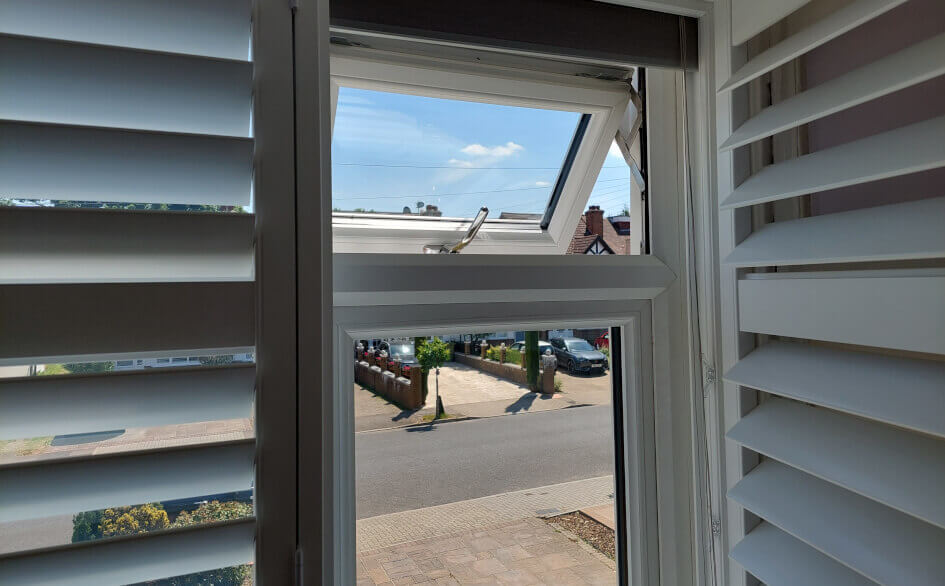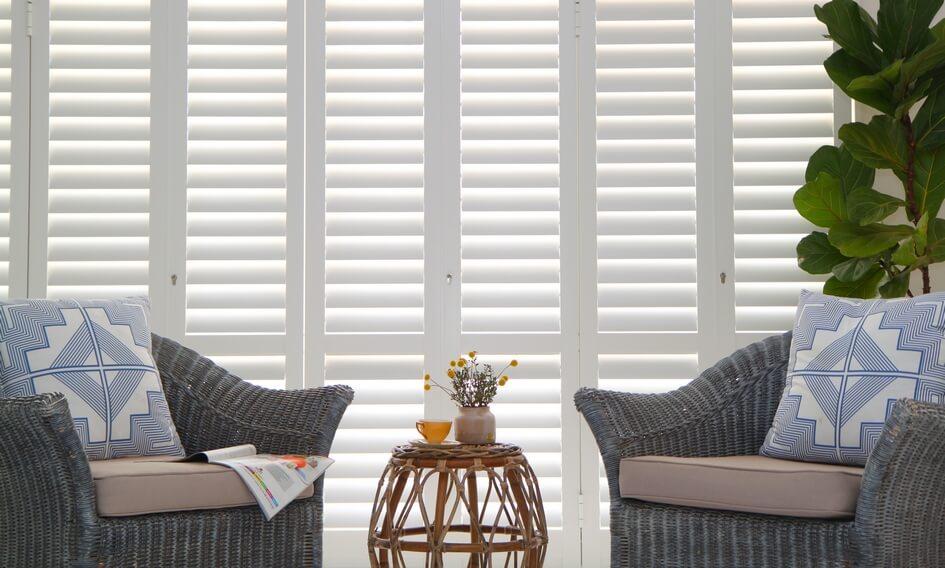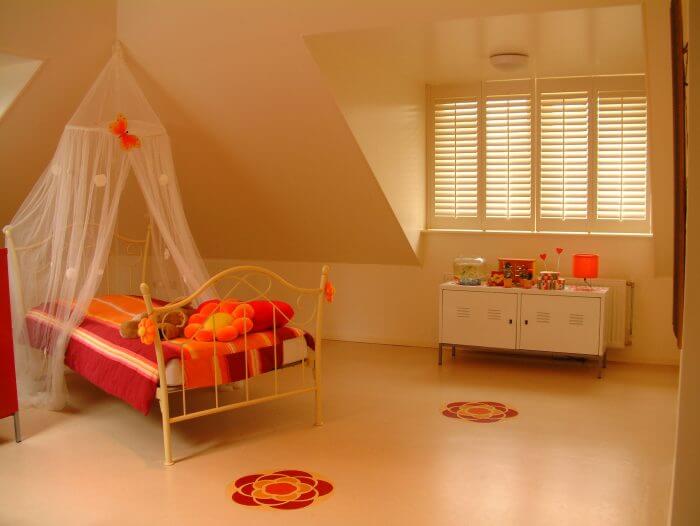According to energy.gov, heat gain and heat loss through windows are responsible for 25-30% of residential heating and cooling energy use, making energy efficient windows an important consideration for both new and existing homes. Therefore, the answer is yes, you can lose a great deal of heat through windows if they are not as efficient as they could be.
Typically, you have two choices if you want to reduce the amount of energy lost through your windows and improve the cosiness of your home:
- Repair/update your existing windows to improve energy efficiency.
- Replace your windows with a more energy efficient option.
How do windows lose heat?
Most of the heat lost is due to radiation through the glazing, with air leakage coming in a close second, especially from windows with poor insulation. The remaining heat loss tends to be caused by heat convection through cavities and poor heat conduction through the frame of the window.
Radiation through glazing
Radiation through glazing occurs when the inner panes of glass absorb the heat generated from the interior of the room and transfer it to the cooler outside pane via conduction. This also explains why double glazing is so effective at creating a thermal barrier between the rooms in your house and the outside world. Double glazing consists of two panes of glass with an air gap between them. It is this gap which prevents thermal energy from transferring through your windows and escaping your rooms as it does with single glazing. Likewise, the gap keeps cold from coming in too.
To increase thermal performance of double-glazed windows even further, some windows replace the air in the air space with Argon (an inert gas which provides superior thermal performance). Argon slows down the movement of heat (and therefore reduces heat loss) even further.
Air leakage
Putting up with draughts in your home means your heat energy will literally be flying out of the window, leaving you cold and needingto tighten your purse strings.Draught-proofing your home by sealing gaps around doors and windows to prevent air leakage is one of the cheapest and most effective ways to save energy (and money) during winter.
Heat convection through cavities
In some circumstances, convection inside the glazing cavity can cause heat loss when air within the cavity is warmed by the inner pane (particularly in wider glazing cavities). This warmed air rises and is eventually replaced by cooler air, resulting in a convection current which continually transfers heat from the inner pane to the outer pane.
Heat conduction through the window frame
The amount of heat loss here will be governed by the frame material used. Generally, timber frames perform better than metal in this respect.
If you are not in the position to replace your windows for more energy efficient ones, there are plenty of steps you can take to reduce heat loss at home and improve the energy efficiency of your existing windows, in the meantime. Window shutters are proven to reduce heat loss by up to 64% when installed onto single glazing, compared with 37% and 39% from roller blinds and curtains. In fact, installing window shutters is the best energy efficient home improvement you can make.
Get in touch!





